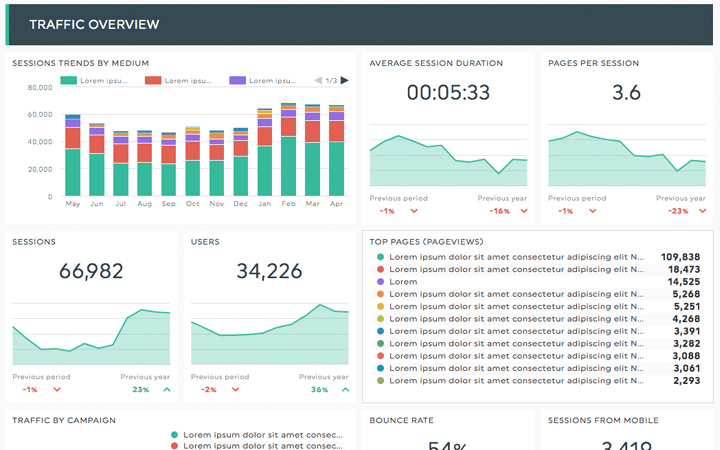What is “organic position”?
Organic position refers to a website's unpaid ranking in search engine results pages. It's where a page appears naturally in search listings without paid advertising.
For marketers, tracking organic position is crucial because it directly impacts a site's visibility and traffic. Higher positions typically lead to more clicks and visitors. By monitoring these Google rankings, marketers can gauge the effectiveness of their SEO efforts, understand how their content performs against competitors, and identify opportunities for improvement. Changes in organic position often signal the need to adjust strategies or content. Ultimately, this metric helps marketers optimize their online presence and attract more potential customers through search engines.






